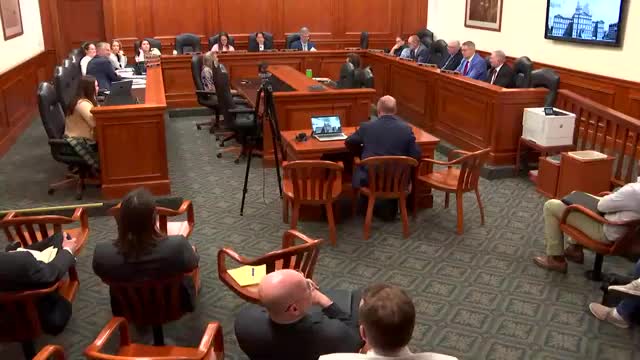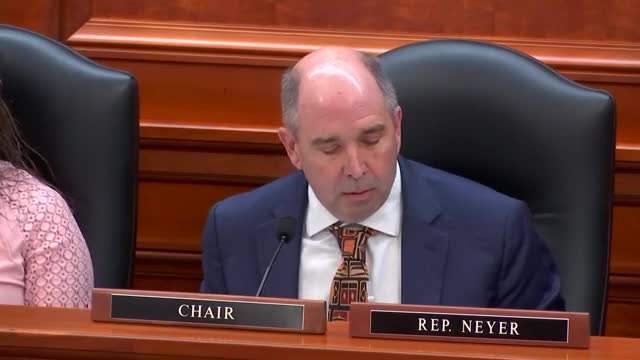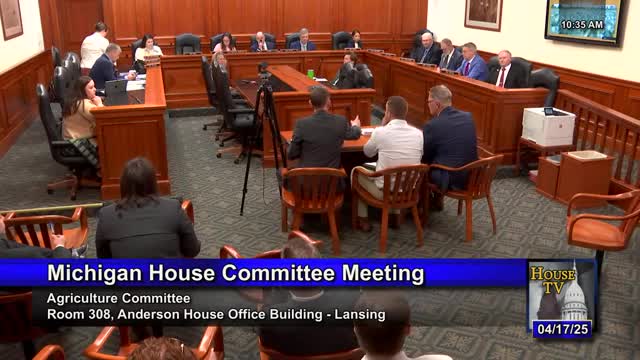Article not found
This article is no longer available. But don't worry—we've gathered other articles that discuss the same topic.

Committee adopts substitute for lab-grown meat labeling bill; debate centers on consumer clarity and terminology

House committee advances cottage food updates, adds honey and maple syrup and rejects sales-limit amendment

